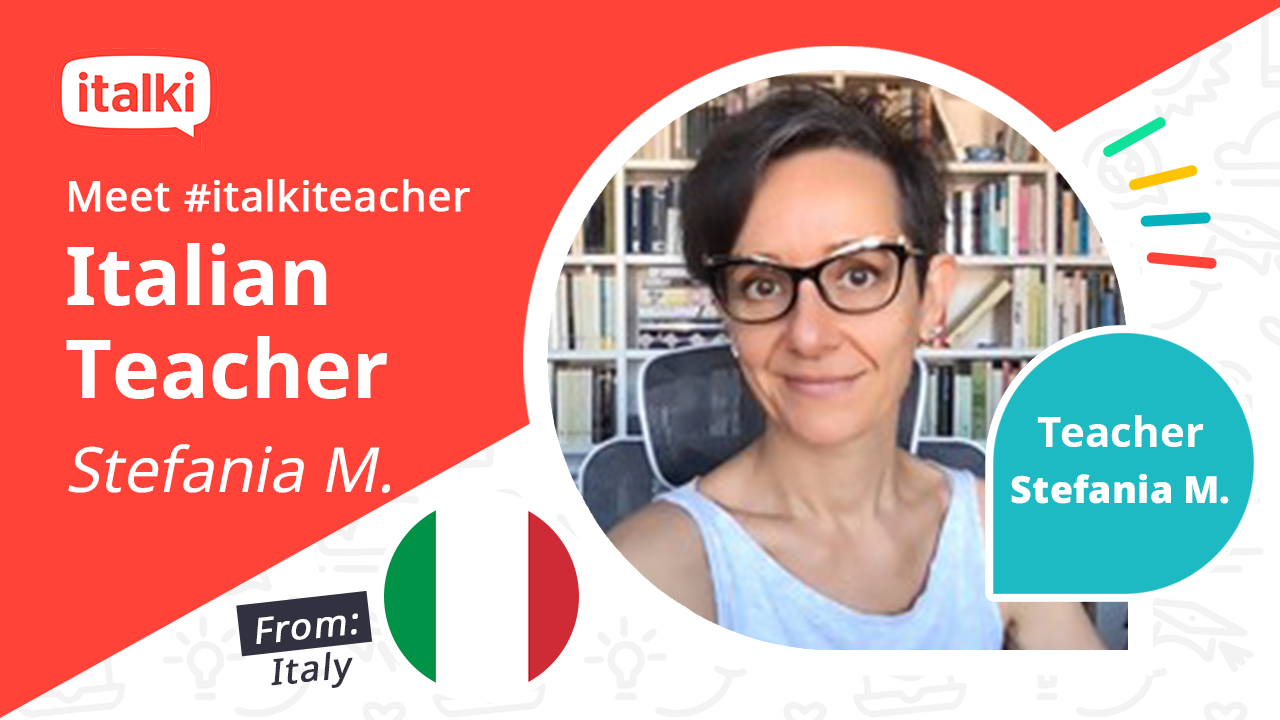Sure, but Italian has an extra edge, namely the ability to modify the meaning of words by using suffixes for nouns, adjectives, adverbs, and even verbs. This is the most creative aspect of the Italian lexicon: suffixes add an “emotional” connotation to words, and when added to the right intonation they can greatly change the meaning of a word.
What I’m talking about is not suffixes that change, let’s say, nouns into adjectives (nave > navale – ship > naval, nautical), adjectives into nouns (felice > felicità – happy > happiness), or verbs into nouns (lavorare > lavoratore – (to) work > worker). This article is about “alterazioni”, that is the suffixes that change the meaning of a word without changing its function in the sentence.
Let me give you some examples.
Make it smaller (or sweeter)
Questa casetta è proprio bellina!
Suffixes -ino and -etto are usually used with nouns when we want to refer to smaller things: gattino is a small or young cat, and pennina is a small pen (or, in contemporary Italian, a quick way of referring to a USB pendrive); pacchetto is a small packet, and casetta is a small house.
Remember that if we say “Sarò da te fra un’oretta”, we mean that we’re arriving in ‘about’ an hour. We can also say mezz’oretta or un mesetto (about a month; a month or so), but we can’t say *un giornetto or *una settimanetta (though I sometimes use settimanella ironically). Talking of irony, after a hard day, I might say “Che giornatina, oggi!”, meaning the exact opposite of a “light” day; if I meet a friend walking their great dane dog, I could say “Ciao, cagnolino!”, though that’s not a small dog at all.
Even if -ino and -etto are by far the most common “diminutive” suffixes are the most common diminutive suffixes, we also have others. Here’s a list, although we have more:
-ello: alberello is a small tree;
-uccio: cavalluccio means small horse, and cavalluccio marino is a seahorse;
-otto: (often used to refer to the young of certain animals) leprotto is a baby hare, and aquilotto is an eaglet; but cucinotto is usually referred to a small kitchen;
-olo: montagnola is a mountain that’s not too high, and figliolo is young son (sounds a bit old-fashioned, though).
All these suffixes can also be used as “vezzeggiativo” (suffix of endearment): if I say “Finalmente torno alla mia casetta”, I’m not implying that my house is small - I could live in a mansion -, but that I’m glad to be back home.
The examples above include nouns only. But some of these suffixes can be used with adjectives, adverbs, and even verbs. Want some examples?
“Come stai?” “Benino!” (adverb)
Ti devi svegliare alle 6? Ma è un po’ prestino! (adverb)
In questo ristorante si mangia bene, ma è un po’ caruccio. (adjective)
Marco è un bel ragazzo, anche se è un po’ bassino. (adjective)
Smettila di saltellare, mi distrai! (verb - saltare is ‘to jump’; saltellare means skipping, hopping)
Non ho fame, mangiucchio qualcosa ed esco (verb – mangiare is ‘to eat’; mangiucchiare means eating very little, or to pick up your food)
Note that we have a ‘social’ use of these suffixes: if we say “Mi fai un piacerino?”, we’re just making our request kinder; when someone says “Ho fatto un bel lavoretto,”, instead, they’re being sort of modest about their achievement.
Make it bigger (or great)
Paolo è un omone, è alto quasi 2 metri.
-one is the most common augmentative suffix for making things bigger: a thick (or large) book is un librone, and a big cup or mug is una tazzona. With some feminine nouns, this suffix can lead to a grammatical gender change: a big woman can be either una donnona or un donnone (the latter has a slightly positive connotation - a sign perhaps of (not so much) unconscious sexism, I’m afraid).
You can use -one with adjectives and adverbs as well. Here’s some examples:
Paolo è pigrone, non si alzerebbe mai dal divano. (adjective)
Certa gente crede di essere furbona, e invece…” (adjective)
“Come ti senti?” “Benone, grazie!” (adverb)
Can we use the suffix -one to express a negative judgment? W sure can! If someone has un macchinone, we don't just mean they’ve bought a powerful and good quality car, but we’re implying they chose an oversized and expensive car just for showing off.
Make it worse (or weaker)
Che giornataccia, oggi: il cielo è grigiastro e fa freddissimo!
If you want to add a pejorative twist to the word you need to use, try the suffix -accio: it works! Un libraccio is a bad book, and we use robaccia to refer to something bad, or of poor quality or little value, in short, junk.
Sometimes we use -accio in a tender, endearing way: una ragazzaccia is a bad girl whom we wouldn’t blame for being so. And if we refer to someone as geniaccio, we think they are very intelligent and smart.
Suffix -astro will “worsen” nouns and “weaken” adjectives: be prepared to be referred to as poetastro if you write bad poetry, or to have your pasta defined dolciastra if you put sugar in it instead of salt. If you use -astro with colors, like you’d use-ish in English, it usually means a color that’s not pure: biancastro means whitish, kind of white, rossastro is reddish, and so on.
But beware: although -astro with nouns for family members and relatives is like half- or step- in English. Fratellastro is half-brother; sorellastra is half-sister; figliastro is stepson or step-child (but matrigna and patrigno are used for stepparents): they have a slightly negative meaning, so we usually prefer to use a paraphrase. Matrigna is a particularly disliked word. I guess it’s because it reminds us of Cinderella’s stepmother who no one likes.
You can use -accio with adjectives and adverbs as well, while -astro is just for nouns and adjectives. Here’s some examples:
Quella bambina è monellaccia. (adjective)
Carlo ha perso il lavoro, poveraccio! (adjective)
Che furbastra! Giulia si è fatta invitare a cena da Paolo lodando le sue doti di cuoco. (adjective)
“Come stai?” “Non c’è malaccio” (adverb)
Quando fai i test a crocette (i.e. multiple choice tests) non rispondere a casaccio. (adverbial phrase)
Is that all?
Of course, it isn’t! We have many more suffixes, but they’re far less common than the ones above. I’ll be happy to add some more hints if you ask me by commenting this article.
Pro tip: hoarding suffixes
Some suffixes can be combined in a single word, and usually their meaning sums up.
As for nouns, here’s some examples: a little tiny book will be un librettino, and we may call a big (and maybe rude) man un omaccione. This won’t happen too often with adjectives, but it’s possible: I could say “La mia gatta è vecchiettina” if she’s pretty old, or I can use bassottino to define someone who’s pretty short. Un furbacchione is a sly person, someone you’d call an ‘old fox’, and you can use it both as a name and an adjective.
Thank you for taking the time to read my article. I hope it’ll broaden your Italian language toolbox and help you finding your way through the crazy jungle of Italian alterazioni.
Keep on boosting your Italian!
Continuate a migliorare il vostro italiano!








